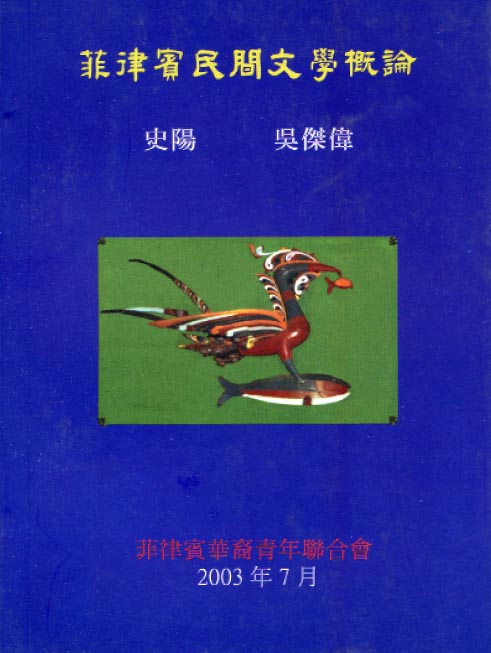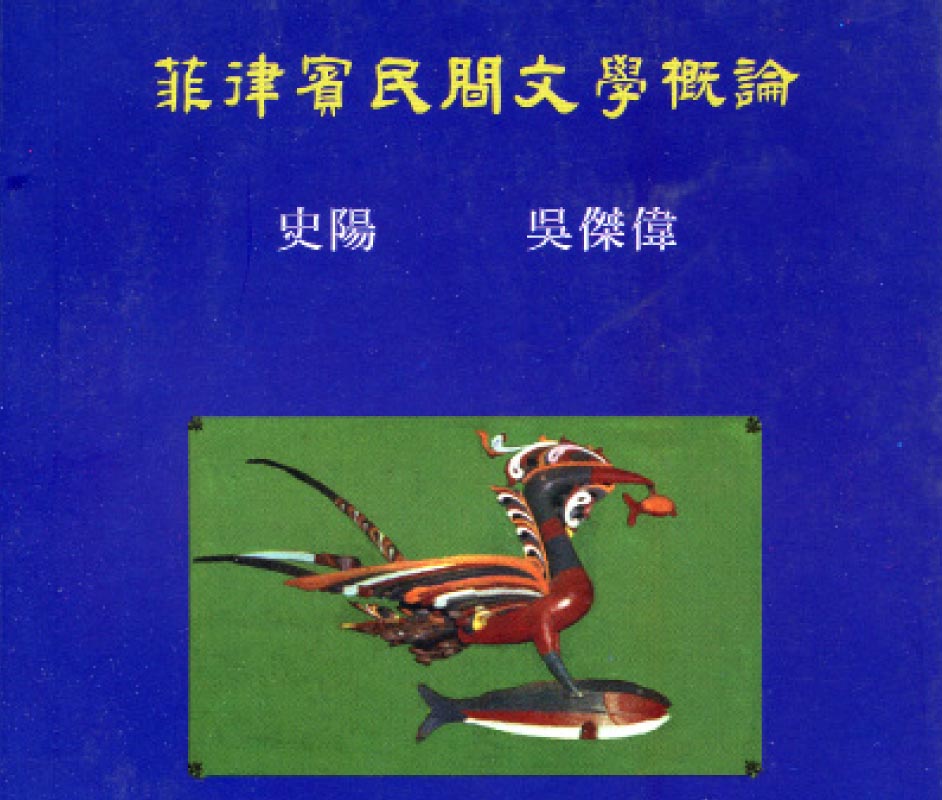Ed’s note: On the eve of Kaisa Para Sa Kaunlaran’s 29th birthday, the author reflects on his relationship with the organization and about his fieldwork in the Philippines. This highlights a lesser-known facet of Kaisa’s work in promoting better understanding of the Philippines and Filipinos among China’s students.
This year marks Kaisa Para Sa Kaunlaran’s 29th anniversary, and I reflect on my long friendly association with Kaisa.
The Philippine Studies Program of Peking University had its first batch of undergraduate students in 1985.
During this period, Filipino professors from leading universities in the Philippines would handle major language courses while Kaisa helped PKU in organizing and sponsoring trips.
By the mid-1990s, PKU-PSP had its second batch of students and had formed strong ties with Kaisa.
My first personal contact with Kaisa was in 1998, when I started my freshman year in the PSP.
Kaisa members Teresita Ang See and Go Bon Juan agreed to give a lecture on Sino-Filipino cultural exchange and Chinese Filipinos as they were traveling in Beijing.
These two friendly guest speakers shared a lot in their lectures, and that was how I learned about Kaisa, a Chinese-Filipino association devoted to the integration of Chinese Filipinos into Philippine local society. They also talked about the friendship between China and the Philippines.
Later on, I got to experience the warm cooperation and know many Kaisa members, both during my graduate studies in PKU and also afterward as a faculty of PSP.

My dissertation on the mythology and ritual studies of indigenous Filipinos was based on the fieldwork in Alangan-Mangyan people in Oriental Mindoro. So, I made a long-term research plan and carried out a lot of fieldwork in the Philippines from 2004 to 2013.
Aside from help from Ang See, Go, Joaquin Sy and other senior Kaisa members, the younger generation of Kaisa members also assisted me in various ways: Michael Guzman helped me with accommodations and other research details, while Reynard Hing welcomed me into his home and drove me to various places.
Besides research, the PSP has cooperated with Kaisa in many other fields over the past 20 years. Kaisa initiated a PSP scholarship to encourage young students to carry on the study of Philippine language, history and culture.
In 2002 and 2006, Kaisa sponsored and organized the students of those respective years to visit the Philippines for cultural tour to several historical sites. It also assisted the batches of 2009 and 2013 undergraduates during their stay at Ateneo de Manila University.
All of our undergraduate students got the chance to visit the Bahay Tsinoy Museum and came away with deep impressions about Philippine society.
Through the years, Kaisa has assisted the PSP masteral and doctoral graduate students in collecting materials for their papers and fieldwork researches. The Chinben See Memorial Library donated its double copies of books to our department.
So far, our fieldwork has covered the Gawad Kalinga program of rural development, Muslim society and culture, folk Catholicism and Christian society, indigenous Filipino and social culture, and also environmental and rural studies.
In all of these endeavors, Kaisa had helped with these programs and research works, thus maintaining a continuous and close relationship.
As we review the history between PKU-PSP and Kaisa for the past 20 years, we found that this relationship matters a lot to all of us.
This is not only my personal nostalgia in my visit and research in the Philippines, but also the collective beautiful memory of PKU-PSP students and faculties.
We are confident the friendly and close connection will go on as we hope to witness more and achieve more on both ends. — First published in Tulay Fortnightly, Chinese-Filipino Digest 29, no. 6 (August 23-September 5, 2016): 8-9.





